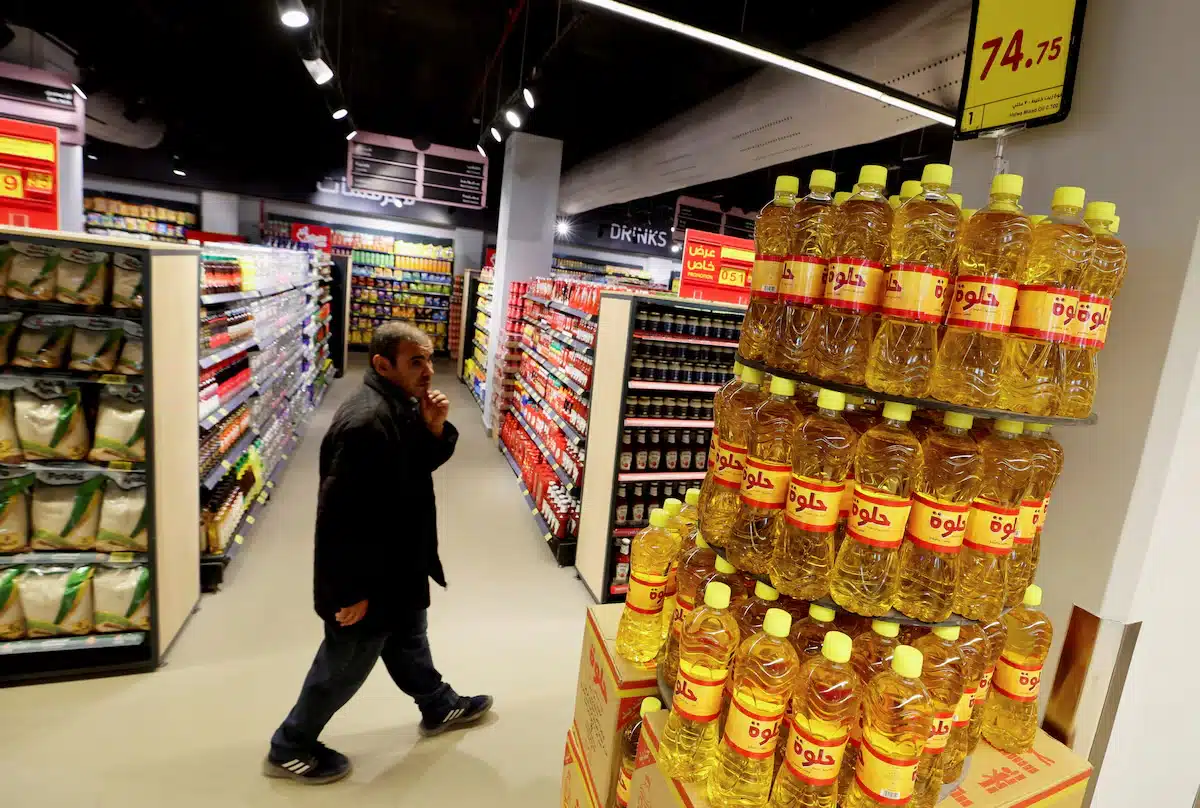The Central Bank of Nigeria has stated in its latest report that more than 69% of Nigerians are against a further increase in monetary interest rates (MPR).
The apex bank, whose next monetary policy meeting is scheduled for next week, has consecutively raised interest rates in a bid to tackle high inflation.
Nigeria, Africa’s most populous country, has continued to grapple with inflation as the high cost of living weighs heavily on a majority of its population.
In its last report, the country’s economic statistics agency said inflation rose to 24.23% in March, even after the data was rebased.
The CBN’s April survey, however, shows that most Nigerians oppose an increase in the monetary policy rate, with many suggesting that the economy is beginning to stabilize.
According to the report:
- Only 10.2% of the apex bank’s respondents are in favour of raising the interest rate.
- Another 20.1% of respondents want the interest rate to remain unchanged.
- Meanwhile, a significant 69.7% of those surveyed are strongly against any increase in the monetary policy rate.
The apex bank did not indicate whether this response would influence its upcoming monetary policy decision.
A cautious approach to MPR
Moreover, the Central Bank still needs to maintain a cautious approach to its monetary policy decisions as it continues efforts to curb inflation.
So far, the bank has maintained a hawkish stance, raising rates more than seven times in the past year.
As of April, Nigeria’s interest rate stands at 27.5%, following 875 basis points of rate hikes in 2024 as the bank intensified its fight against inflation.
Central Bank Governor Olayemi Cardoso told a press conference in February that the Monetary Policy Committee was encouraged by recent macroeconomic trends, which were expected to support price stability.
“Inflation is trending down, and it’s looking positive,” Cardoso told journalists in Abuja, adding that the goal remains to bring inflation down to single digits.
The recent uptick in inflation, however, suggests the bank may not be ready to relax rates, which have placed strain on businesses and borrowers across the country.
Inflation hit repeated 28-year highs last year, driven by President Bola Tinubu’s decision to end fuel subsidies and devalue the naira after assuming office in 2023.
Tinubu’s reforms were aimed at boosting economic growth and improving public finances, though the growth rate still lags behind the government’s 6% target.







